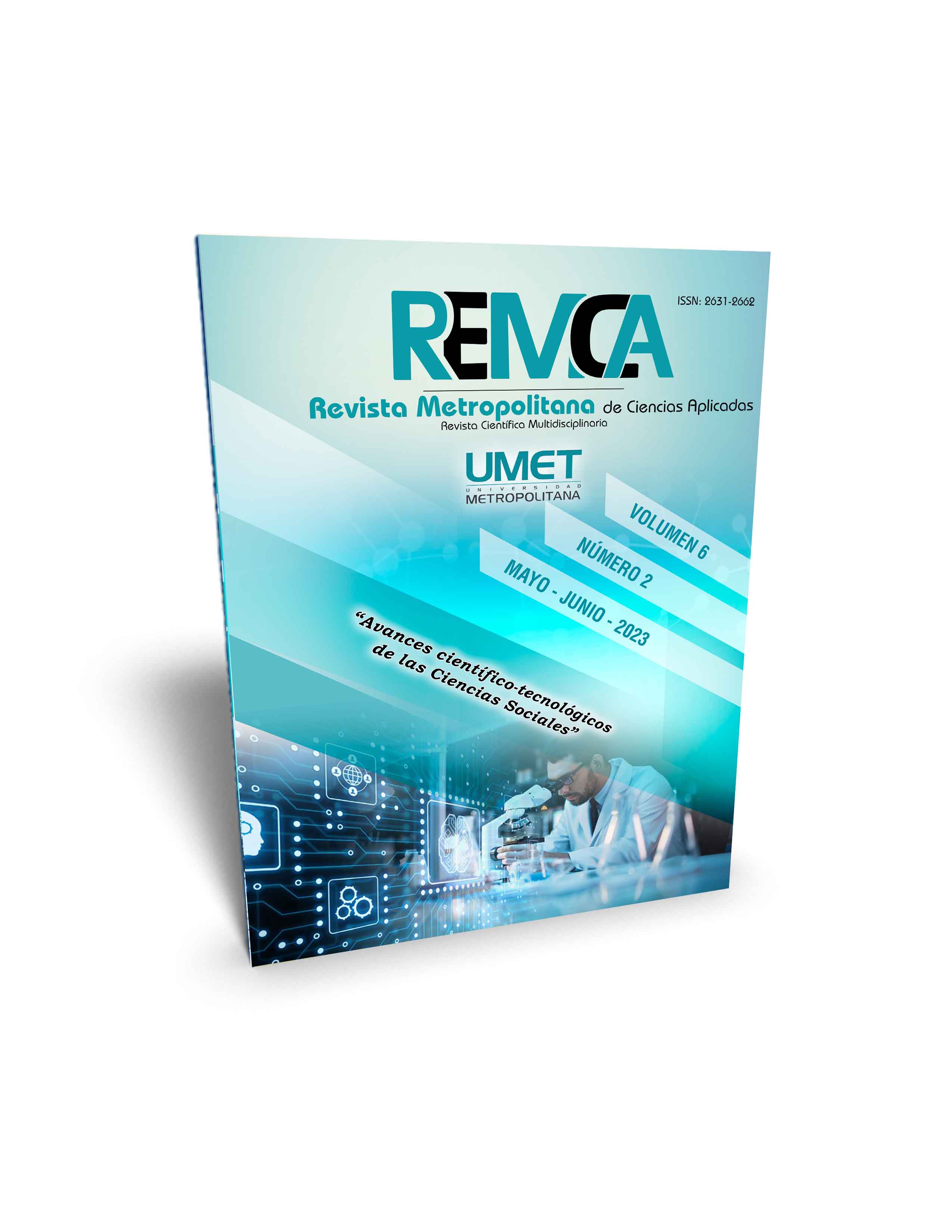The due process in the execution phase, of executive trials in Ecuador
DOI:
https://doi.org/10.62452/c7ede163Keywords:
Creditors, defendant, due process, execution phase, executive judgmentAbstract
The executive trial is a judicial procedure, determined and regulated within the General Organic Code of Procedures, which is used to enforce the collection of an obligation contracted through an executive title. The procedure is initiated with the filing of an executive lawsuit, which must be based on a valid executive title that proves the existence of the debt or obligation. The lawsuit must contain detailed information about the identity of the parties involved, the amount of the debt or obligation, the interest, payment terms, and other relevant details. If this process is not carried out with due process, it is considered a violation of the constitutional guarantees recognized as fundamental and universal rights, including the right to defense as the main guarantee. Justice operators are obliged to respect the rights of the procedural parties. Therefore, the objective of this work is to analyze the application of due process in the execution phase of executive trials, in which the defendant can prevent their assets from being seized and reach a payment agreement or settle the debt or obligation contracted.
Downloads
References
Agudelo Ramírez, M. (2005). El debido proceso. Opinión Jurídica, 4(7), 89-105.
Bahamonde, V. (2018). El procedimiento ejecutivo en el Código Orgánico General de Procesos. (Tesis de maestría). Universidad Andina Simón Bolívar.
Bernal, H., & Hernández, S. (2016). El debido proceso disciplinario. Biblioteca Jurídica Diké.
Cabanellas, G. (2015). Principio de inmediación. Diccionario de derecho. Editorial Heliasta S.R.L.
Cevallos Sánchez, G., & Litardo Salazar, F. (2018). Análisis de los principios constitucionales que regulan el nuevo Sistema Procesal Civil Ecuatoriano. Universidad Y Sociedad, 10(5), 248-254.
Coronel, V., Espinoza, J., Velázquez, E., & Gonzabay, J. (2016). El juicio ejecutivo en la República del Ecuador: consideraciones generales. Revista Científica Y Tecnológica UPSE, 3(2), 66-70.
Corte Constitucional de Colombia. (2021). Sentencia T–001. https://www.corteconstitucional.gov.co/relatoria/2021/T-001-21.htm
Corte Constitucional del Ecuador. (2009). Sentencia No. 030-09-SEP. http://doc.corteconstitucional.gob.ec:8080/alfresco/d/d/workspace/SpacesStore/0990e29e-1be0-4cb5-9118-e303c7ce7a59/0100-09-EP-res.pdf
Echandía, D. (2015). Teoría General de procesos. Editorial universidad.
Ecuador. Asamblea Nacional Constituyente. (2008). Constitución de la República del Ecuador. Registro Oficial 449. https://www.oas.org/juridico/pdfs/mesicic4_ecu_const.pdf
Ecuador. Asamblea Nacional. (2015). Código Orgánico General de Procesos. Registro Oficial Suplemento 506. https://www.defensa.gob.ec/wp-content/uploads/downloads/2021/03/COGEP_act_feb-2021.pdf
Fernández, M. (2016). Debido proceso . Estudios Constitucionales .
Oyarte, R. (2014). Derecho Constitucional Ecuatoriano y comparado. Corporación de Estudios y Publicaciones.
Parker Aguilar, B. M. (2022). La sentencia en el juicio ejecutivo. Revista Derecho, (3), 101–108.
Prieto Monroy, C. A., (2010). Acerca del proceso ejecutivo. Generalidades y su legitimidad en el Estado Social de Derecho. Revista VIA IURIS, (8),41-62.
Downloads
Published
Issue
Section
License
Copyright (c) 2023 Juan José Tiche-Andagana, Martha Alejandra Morales-Navarrete (Autor/a)

This work is licensed under a Creative Commons Attribution-NonCommercial-ShareAlike 4.0 International License.
Authors who publish in Revista Metropolitana de Ciencias Aplicadas (REMCA), agree to the following terms:
1. Copyright
Authors retain unrestricted copyright to their work. Authors grant the journal the right of first publication. To this end, they assign the journal non-exclusive exploitation rights (reproduction, distribution, public communication, and transformation). Authors may enter into additional agreements for the non-exclusive distribution of the version of the work published in the journal, provided that acknowledgment of its initial publication in this journal is given.
© The authors.
2. License
The articles are published in the journal under the Creative Commons Attribution-NonCommercial-ShareAlike 4.0 International License (CC BY-NC-SA 4.0). The terms can be found at: https://creativecommons.org/licenses/by-nc-sa/4.0/deed.en
This license allows:
- Sharing: Copying and redistributing the material in any medium or format.
- Adapting: Remixing, transforming, and building upon the material.
Under the following terms:
- Attribution: You must give appropriate credit, provide a link to the license, and indicate if any changes were made. You may do this in any reasonable manner, but not in any way that suggests the licensor endorses or sponsors your use.
- NonCommercial: You may not use the material for commercial purposes.
- ShareAlike: If you remix, transform, or build upon the material, you must distribute your creation under the same license as the original work.
There are no additional restrictions. You may not apply legal terms or technological measures that legally restrict others from doing anything the license permits.




